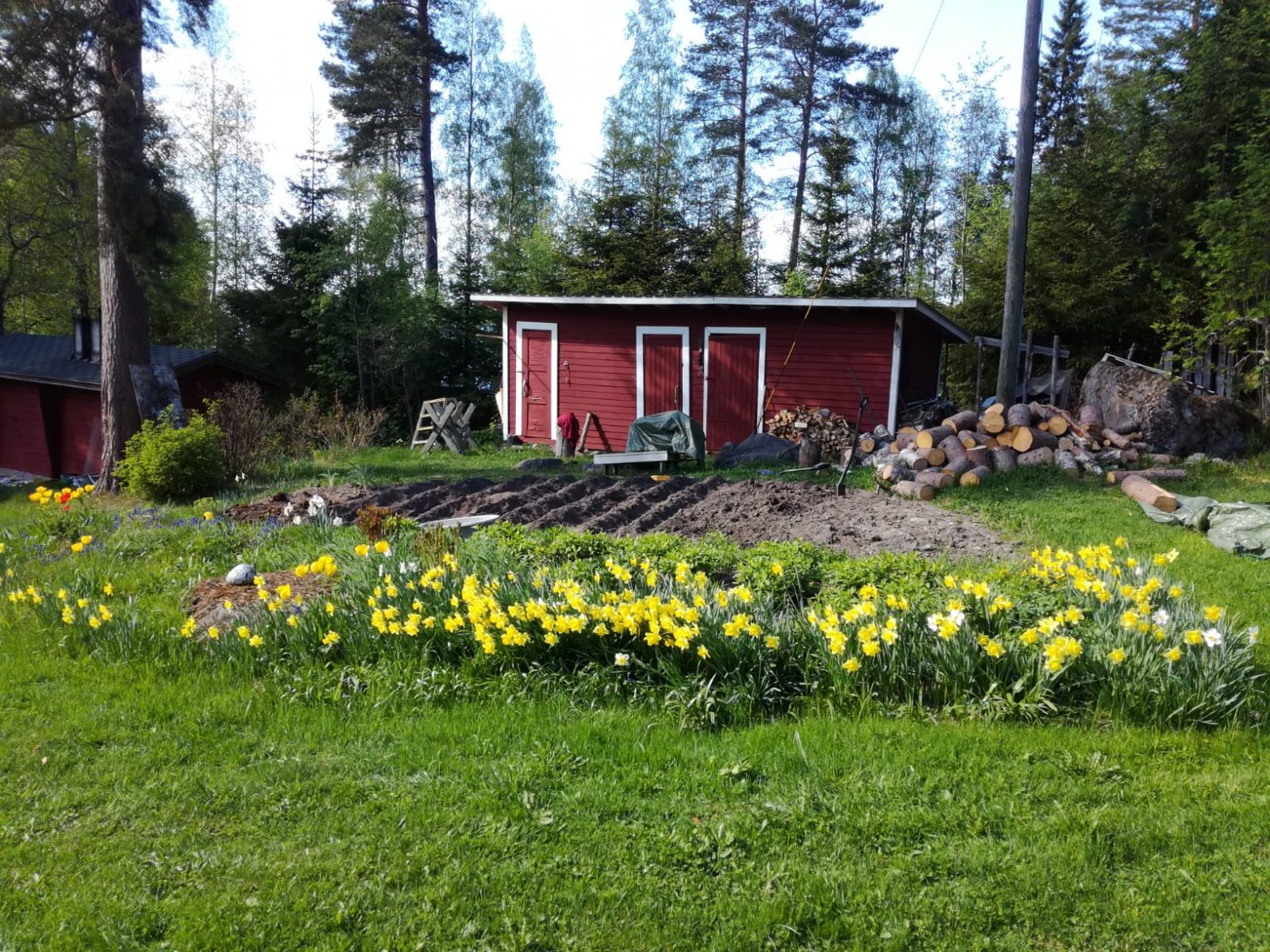Photo by Chris Stenger on Unsplash In the Arctic, changes to the climate and biodiversity are leading to irrevocable losses of cultural identity and livelihoods for Indigenous peoples. Regardless, new projects for fossil fuel extraction continue to be approved in the area, including the massive oil drilling venture known as “the Willow Project.” This blog post seeks to …
Author Archives: Tuija von der Pütten
Business and sustainability transformations: part of the problem, part of the solution?
D’Amato, D., Toppinen, A., Kozak, R. 2022. The Role of Business in Global Sustainability Transformations. Routledge. doi:10.4324/9781003003588 Drawing on contributions from more than thirty international scholars and experts in the field, this recently launched book, freely available in open access, examines the role of business – as an enabler, as an inhibitor, and, ultimately as a co-actor – …
There Is More Than One Way to Discuss the Aesthetic Dimension in Sustainable Development
Author: Noora-Helena Korpelainen Alex loves colour and taste, a holiday abroad, and sunshine with morning coffee. This Alex is you and me, a citizen of a wealthy country. It is Alex who is asked to change his/her preferences, choices, and practices for the sake of the planet and forthcoming generations – to be a hero …
Enhancing socio-ecological resilience by skilled food self-provisioning
Large-scale industrial food production has been identified as a cause of environmental havoc. Growing and gathering one’s own food—or food self-provisioning—has again been proposed as a sustainable alternative. Owing to its small scale, local food self-provisioning requires less clear cutting of forests, mining for rare minerals, development of new chemicals, or resource intensive transportation infrastructure …
Continue reading “Enhancing socio-ecological resilience by skilled food self-provisioning “
Environmentally sustainable business in the era of advanced technologies?
We have moved into a new geological epoch, an unprecedented era in which a certain species—Homo sapiens and in particular, certain groups of Homo sapiens, mainly concentrated in high-income countries—is changing nature more severely than natural processes are. Most of us living in high-income countries are overconsuming the Earth’s resources. As we do so, we …
Continue reading “Environmentally sustainable business in the era of advanced technologies?”

